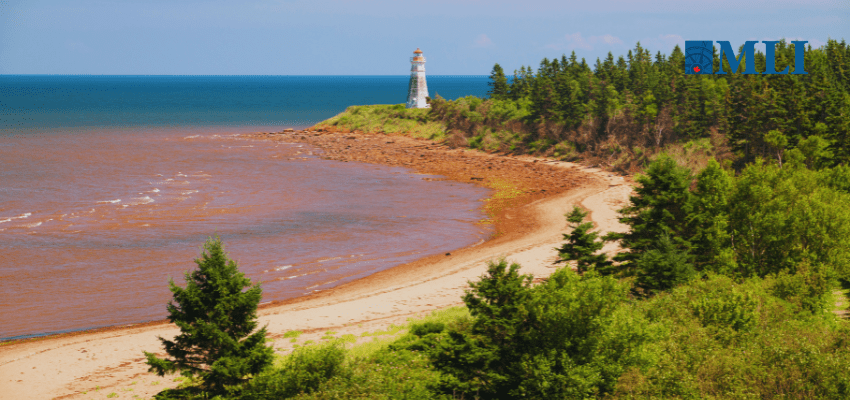This article originally appeared in the Globe and Mail.
By Donald Savoie, August 6, 2024
For more than 100 years, the Maritime story has been about managing decline. The reasons for the region’s economic challenges have been well documented – high unemployment levels, outmigration, reliance on federal transfers, federal economic policies, and resistance to immigration, among them.
But the story is suddenly changing, as the region witnesses a remarkable economic resurgence. Unemployment is at historic lows, going back more than half a century; in 1977, Nova Scotia’s unemployment rate was 10.3 per cent, whereas today it is 6.6 per cent, and the same trends can be found in New Brunswick and Prince Edward Island. Interprovincial migration from the rest of the country to the Maritimes has been trending upward in recent years, offsetting the century-old trend of Maritimers going down the road to Ontario or New England to live and work. Nova Scotia’s population growth over the past year is the fastest on record since 1951, and again, the same can be said for New Brunswick and Prince Edward Island. The region is also welcoming new Canadians at a record pace; the share of new Canadians settling in the Maritime provinces has tripled since 2006.
The surging population has helped deliver economic boomtimes. Today, about a third of Nova Scotia’s budget revenues come from federal transfers, compared to about 45 per cent in 1983-84. Meanwhile, unlike other provinces, New Brunswick has been running sizeable budgetary surpluses over the past several years. Fifty years ago, the Maritimes’ main challenge was to attract investments and jobs to the region; now, the challenge is to attract workers to all the jobs available.
The reasons for the turnaround are varied. Forty years ago, the best and brightest from my university would tell me that government work was the ticket to a rewarding career. Today, I see more and more students looking to start their own business, instead. Fifty years ago, the perception was that businesses from away just had to nudge their products downhill to the Maritimes to succeed, and so many local businesses felt that they could not compete. Many even gave up trying to haul their products to Ontario and Quebec, convinced that national policies made it impossible. Today, free trade agreements are enabling Maritime businesses to pursue new markets abroad, in the U.S., Europe and Asia. Increasingly, firms from away are even moving their operations to the Maritimes – not because of government-grant incentives, but because it makes economic sense to do so.
But while managing decline is one thing, managing growth has proven to be a different can of worms. Public services in the region are not keeping up with population growth and surging demand, challenges that are new to Maritime governments. Healthcare facilities are bursting at the seams, and temporary classrooms are popping up in virtually every school yard in urban areas. Halifax, Moncton and Charlottetown are dealing with serious housing crises, and the crime rate is up in both Halifax and Moncton. A disturbing resentment toward new Canadians is growing, with some Maritimers increasingly convinced that they are the cause of many of the region’s newfound problems.
The tendency for governments is to ride the status quo for as long as they can in policy areas that are not at the top of their political agenda. But recent developments should be forcing Ottawa’s hand to change course on regional development. After all, the economic challenges confronting Halifax and Moncton are no different than those found in Kitchener, Ont., Kelowna, B.C., and Saskatoon, and they are not for a lack of jobs.
The federal government has several regional development agencies, which have head offices located in urban centres. Their programs are designed to fuel economic growth, and promoting growth is easier to do in urban centres. However, regional development policy was never designed to add fuel to overheating economies.
If there is a regional development challenge, it lies in rural communities. The economic imbalance is now less between regions, and more between urban and rural Canada. All regions have things in common – urban areas are generally seeing economic growth and similar public policy challenges, while rural areas require policies that square better with their more difficult economic circumstances. What rural Canada requires is not more government funding, however, but for governments to subject their policy and decision-making processes to rural lenses to determine what these communities need to grow.
Ultimately, recognizing this need for rural-urban balance would benefit Canada. It would attenuate tensions between regions, and focussing on rural Canada would be much less costly than previous regional development efforts – and that would be a welcome development given the need to repair Ottawa’s balance sheet.
Donald J. Savoie is a Distinguished Fellow with the Macdonald-Laurier Institute and Canada Research Chair in Public Administration and Governance at Université de Moncton.






